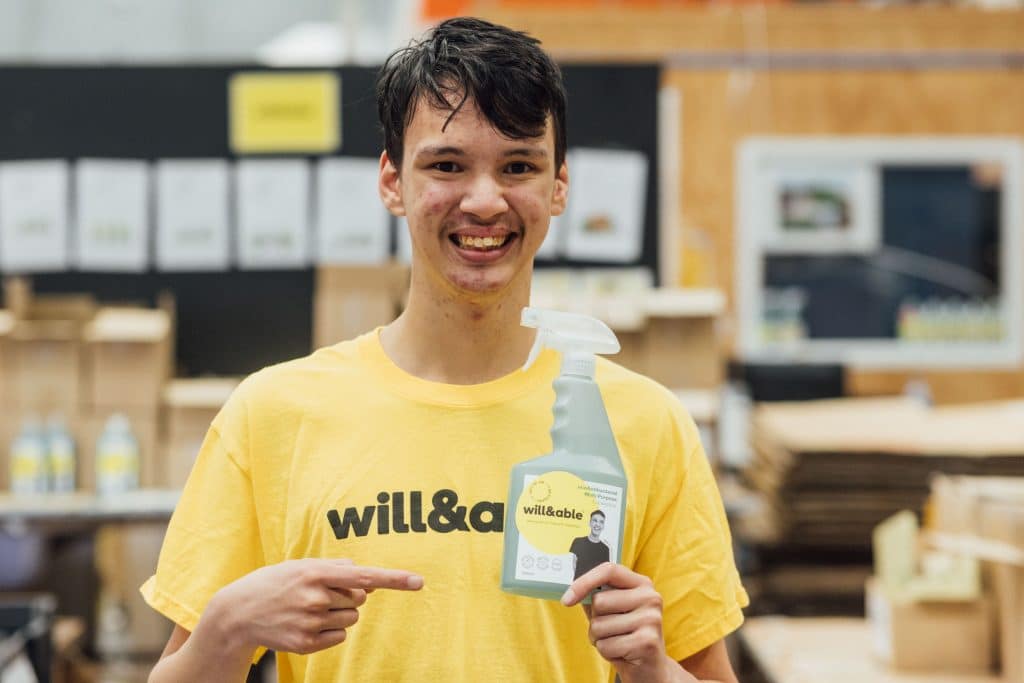What would you say if I told you there was a way to cut costs, generate jobs, protect the environment and make good on our international obligations?
I’m not selling snake oil, just advocating for a little something called Sustainable Procurement; otherwise known as Sustainable Development Goal 12.7
Sustainable Procurement involves Government (or any organisation, really) using their considerable buying power to encourage broader outcomes such as environmental and social protections.
The New Zealand Government spend around NZD$51.5 billion on goods and services each year. But its advice on doing so sustainably, is vague and lacks meaningful targets.
By embedding sustainability into procurement, suppliers must rise to the challenge if they want to secure valuable contracts and tenders.
In short, sustainable procurement fosters a low-emissions, circular economy and helps scale green innovation through the award of valuable contracts. All the good stuff.
But even if you don’t give a hoot about the environment or Freddy the Frog, there are still benefits to be had.
For example, the Korean Government created its own comprehensive ecolabel KEITI, back in the 90s, with a view to all departments using it for sustainable procurement.
Fast forward to 2017, and a study by United Nations Environment Program found this very simple directive reduced emissions by 650,000 tonnes that year, created 4,500 jobs and saved the government more than USD$60 million dollars due to the purchase of durable and efficient products.
Sustainable procurement has proven so effective for Korea, it is now one of its Nationally Determined Contributions (NDCs) as per its obligation to limit global warming under the Paris Agreement (New Zealand is also a signatory) and is arguably the most high-impact, low-cost emissions reduction tool at it, or any Governments’ disposal.
Fun fact, a National-led Government established its own ecolabel, Eco Choice Aotearoa, the very same year as Korea (1992). Less fun fact, it was set-up as an independent non-profit and has never been properly funded or utilised by any Government since.
With the cessation of the Government Initiative for Decarbonising Industry (GIDI) and few other proven and affordable initiatives to decarbonise on the horizon, perhaps it’s time to recognise the value of a non-regulatory instrument, already in the tool-box.
Some Government Departments have actively sought to exercise the impact and influence they can have through procurement. Corrections recently chose to purchase cleaning products from social enterprise Will & Able; an organisation that employs people with disabilities who would otherwise struggle to find meaningful work. Will & Able’s products are also certified as environmentally preferable by Eco Choice Aotearoa, containing no unnecessary chemicals.
With 26 prisons nationwide, the contract is a gamechanger for Will & Able. After having to let staff go during COVID, they’re now looking to rehire them. And guess what? According to Corrections, Will & Able’s products are cost comparable if not cheaper than others on the market.
Sustainable procurement isn’t just for Government Departments or local councils though. Corporations also have a great deal of buying power in this country, and perhaps even more incentive to use it wisely. In addition to limiting supply chain risk, sustainable procurement offers a fast-track to achieving environmental, social and governance (ESG) goals – ultimately keeping banks, shareholders and various other VIPs happy.
So this World Environment Day (June 5) I’d like to give you a wee gift. Something to help you get started on your sustainable procurement journey. Eco Choice Aotearoa and the Procurement Excellence Forum have partnered on a toolkit to help you buy better for people, the planet and your bottomline. Use it, and make every dollar you spend contribute to a thriving Aotearoa for future generations.
